
Guernica
Health

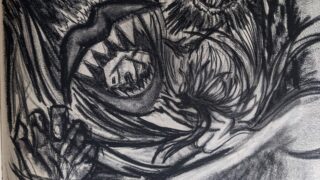
The Paradox
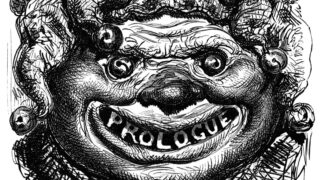
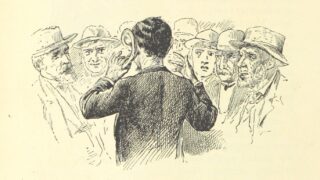
Sound Shadow

Doctors, Not Dealers

Extraction

Insensible Loss

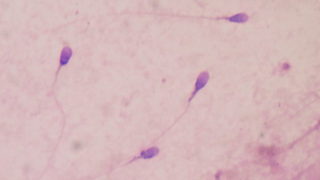

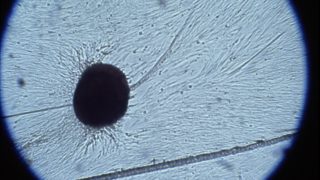
Amniocentesis
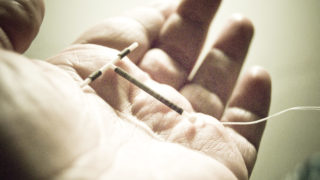
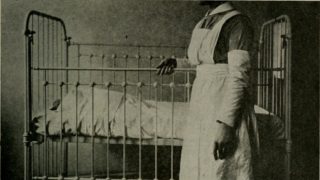
Postpartum

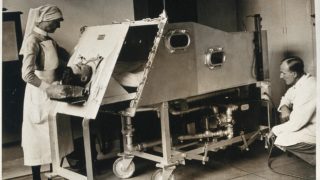


On Metaphors and Snow Boots

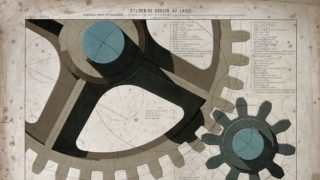
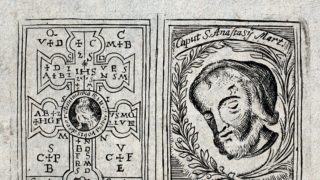
The Plague Legends
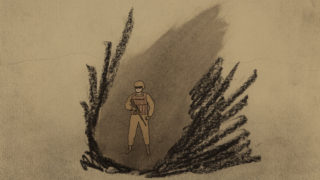
Breathe In
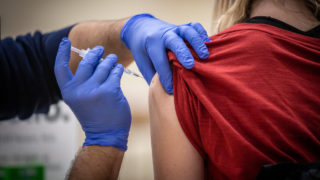
No Free Trials

Maia Szalavitz: “The work you’re doing before you get out of the chaos still counts.”

Living Memory
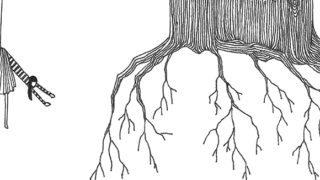
Grief Is Another Word For Love

Mourn and Organize
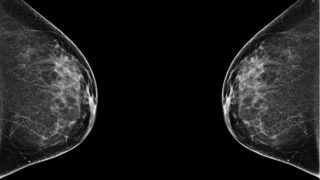
The Art of Stillness

The Future in Catastrophic Times
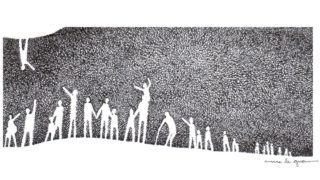
Will COVID-19 Strengthen our Bonds?

The New Troy
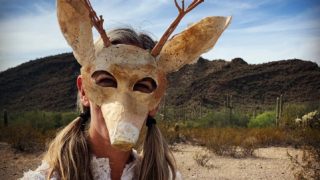
Becoming Animal

The Pandemic Novelist Has Regrets

Notes from a Hypochondriac
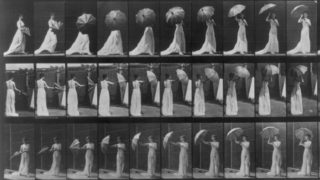
The Optimist’s Apocalypse

Schrödinger’s Dog

Katherine Rowland: The Force of Women’s Longing
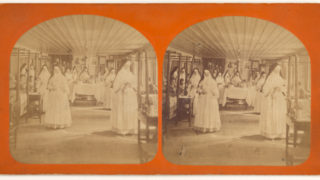
What the Doctor Ordered
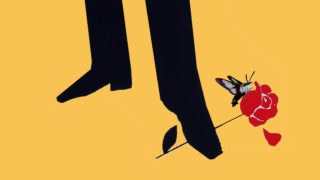
Where Disease Stopped and My Brother Began
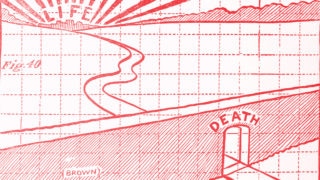
The Absolved

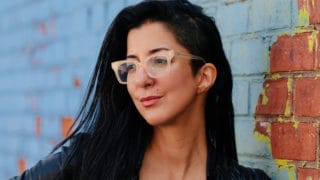
Porochista Khakpour: Bodily Chaos
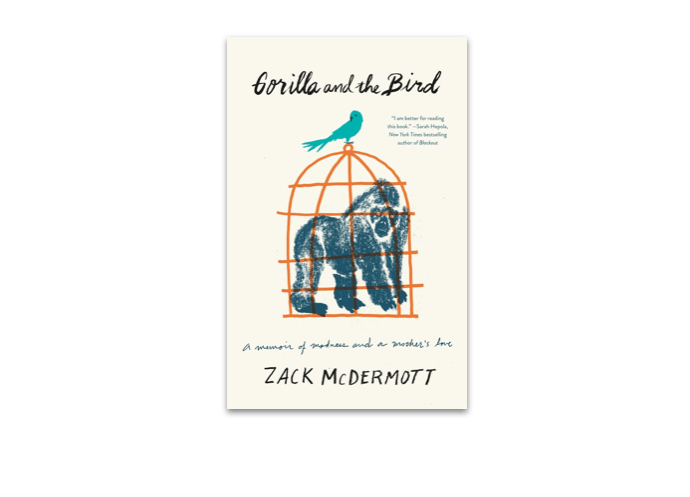
A Case for the Mental Health Memoir
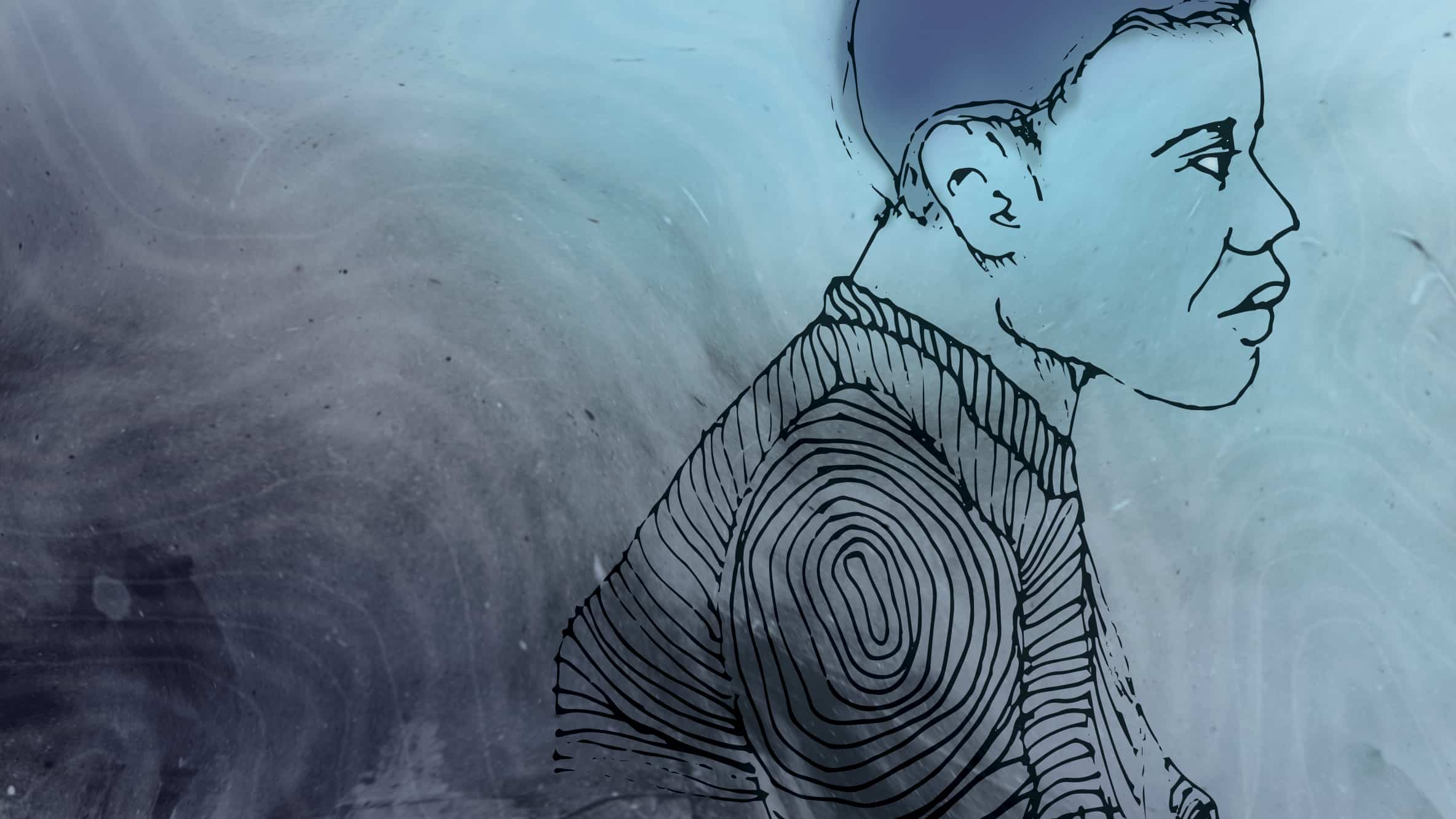
Black Girl Going Mad
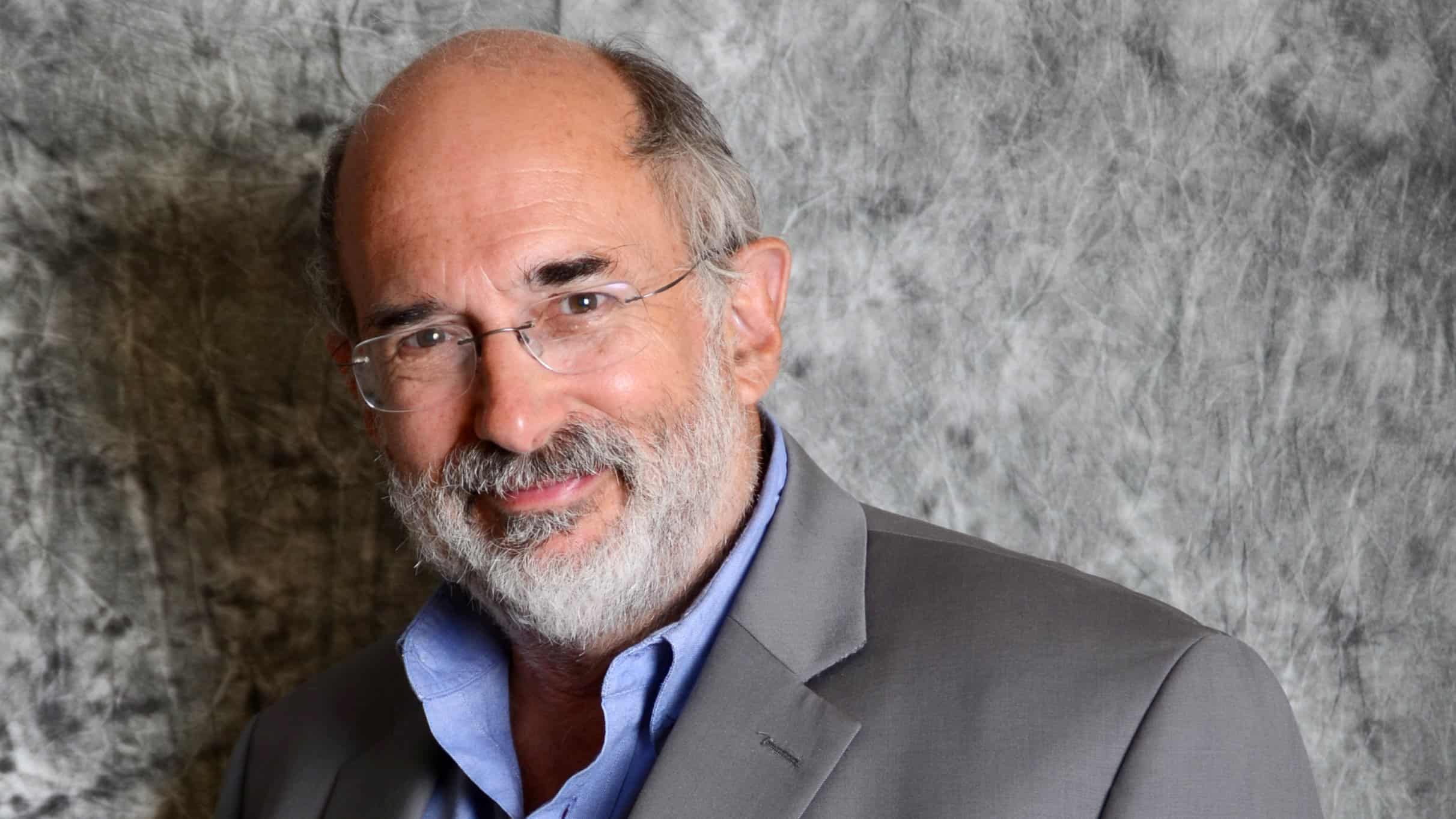
Dr. Michael Fine: Crony Capitalism Is Bad for Your Health
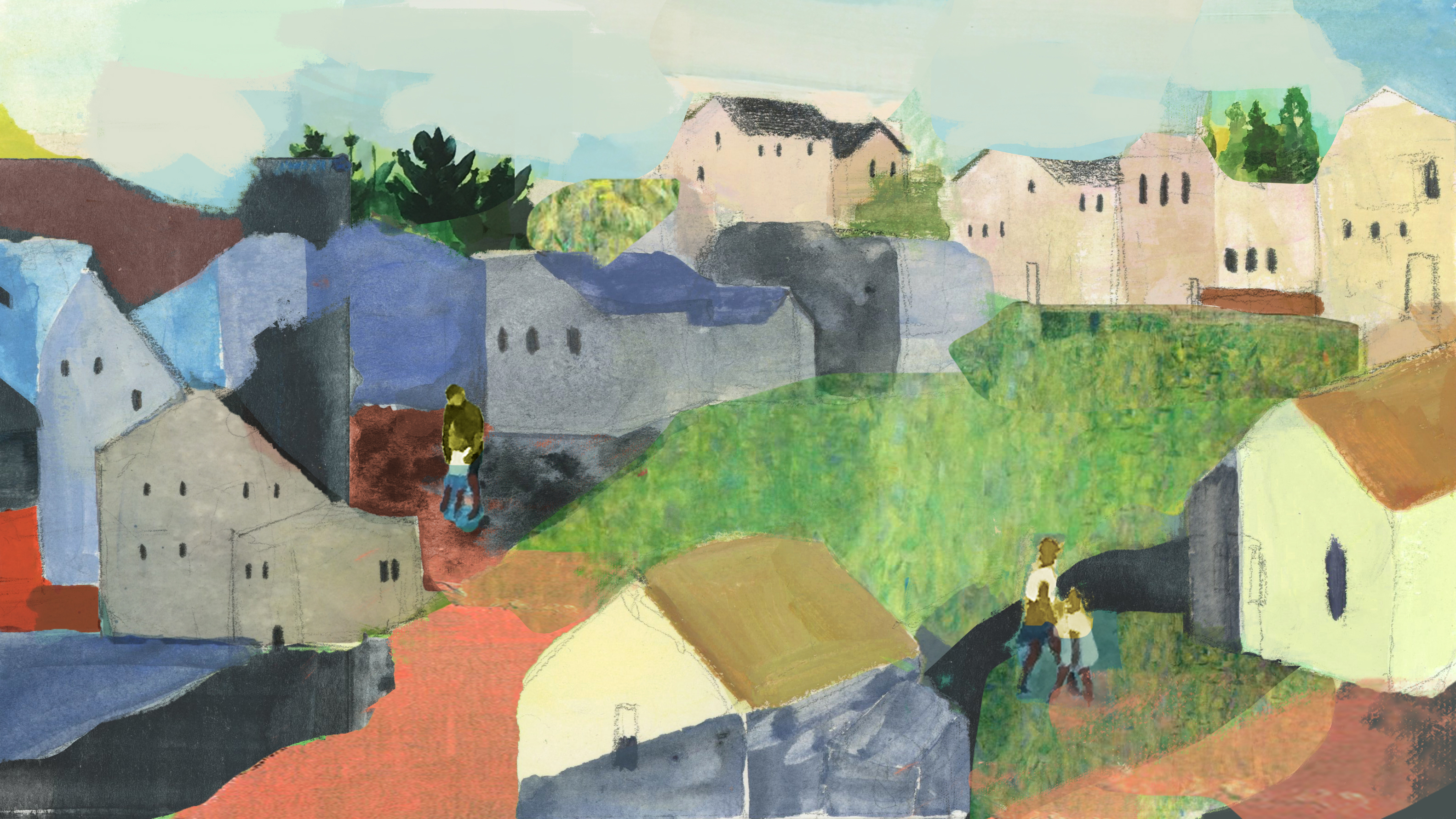
The Fallout

Marcel Dicke: It’s Just a Matter of Time before Americans Eat Insects
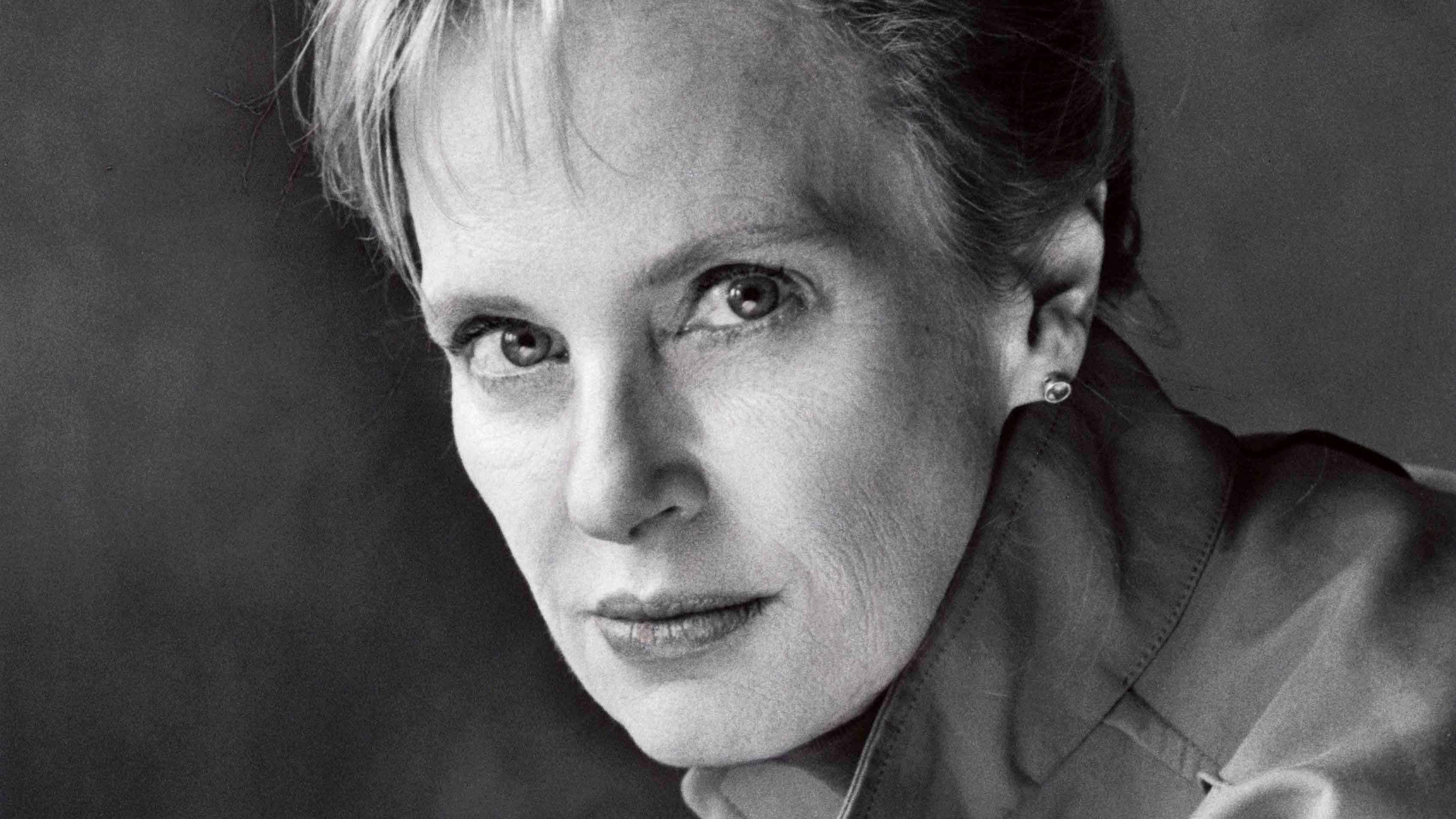
Siri Hustvedt: Both Sides of the Chasm
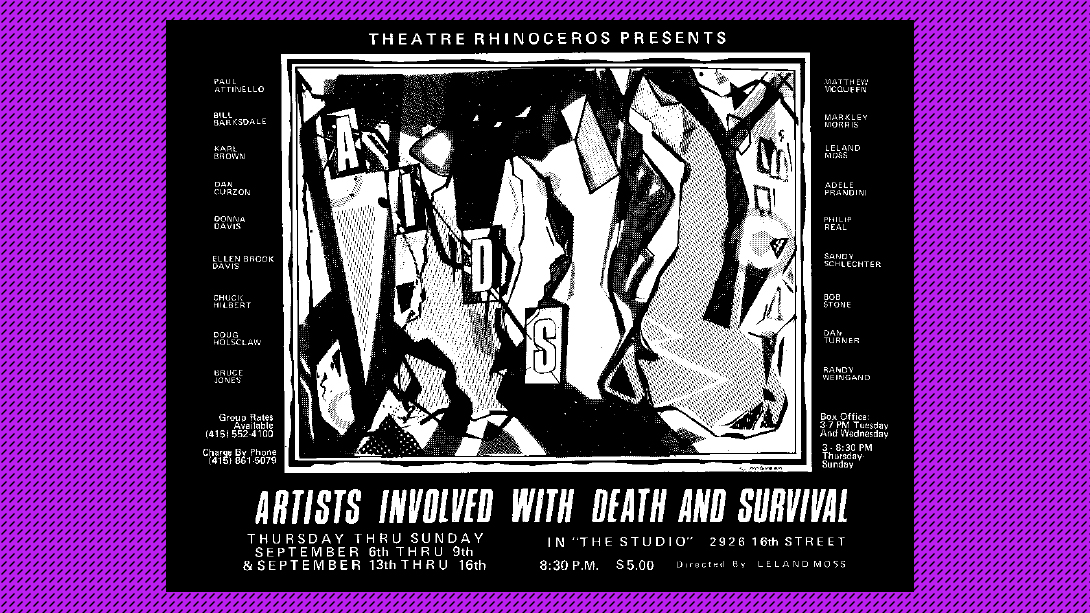
The Children’s Hour, Theatre Rhinoceros, 1986
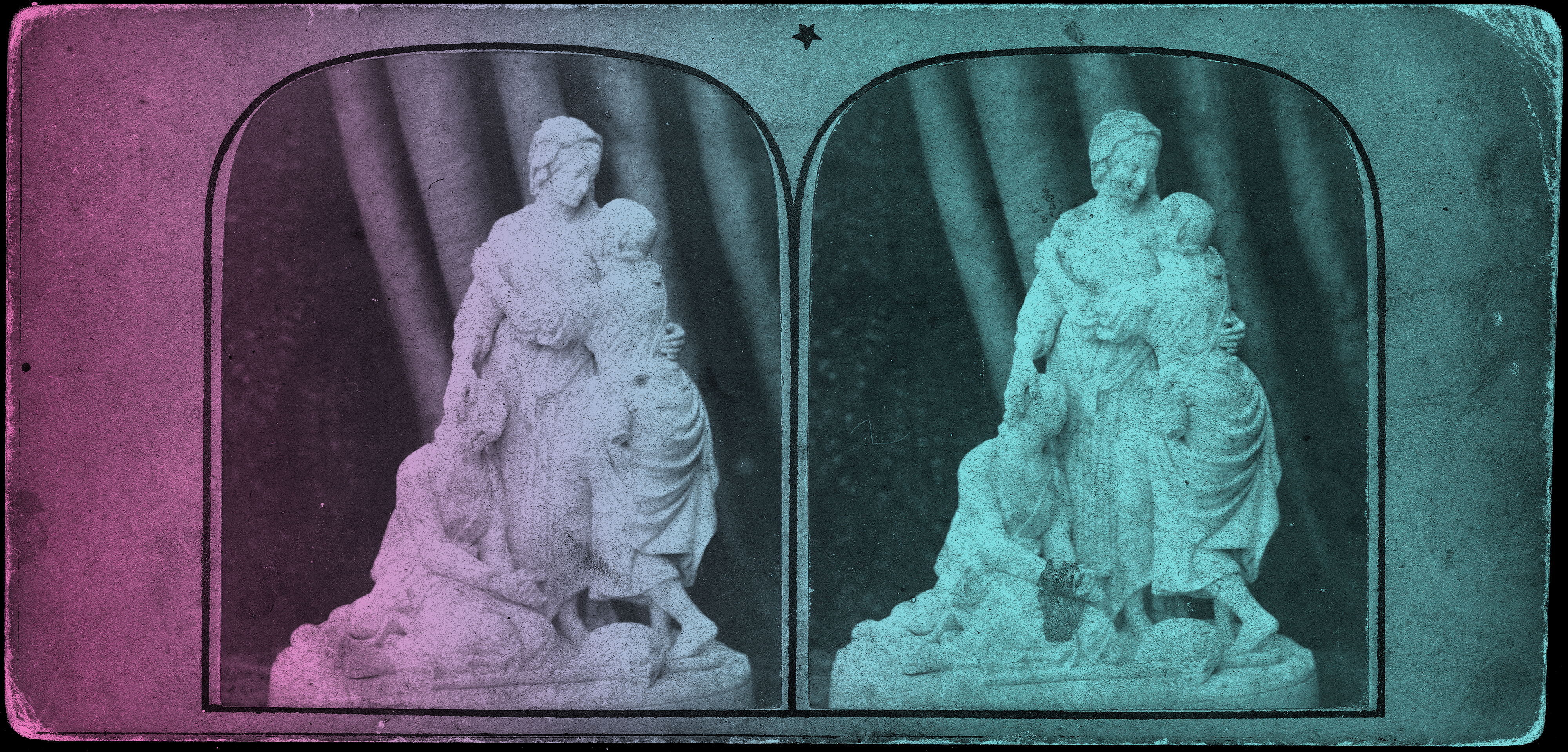
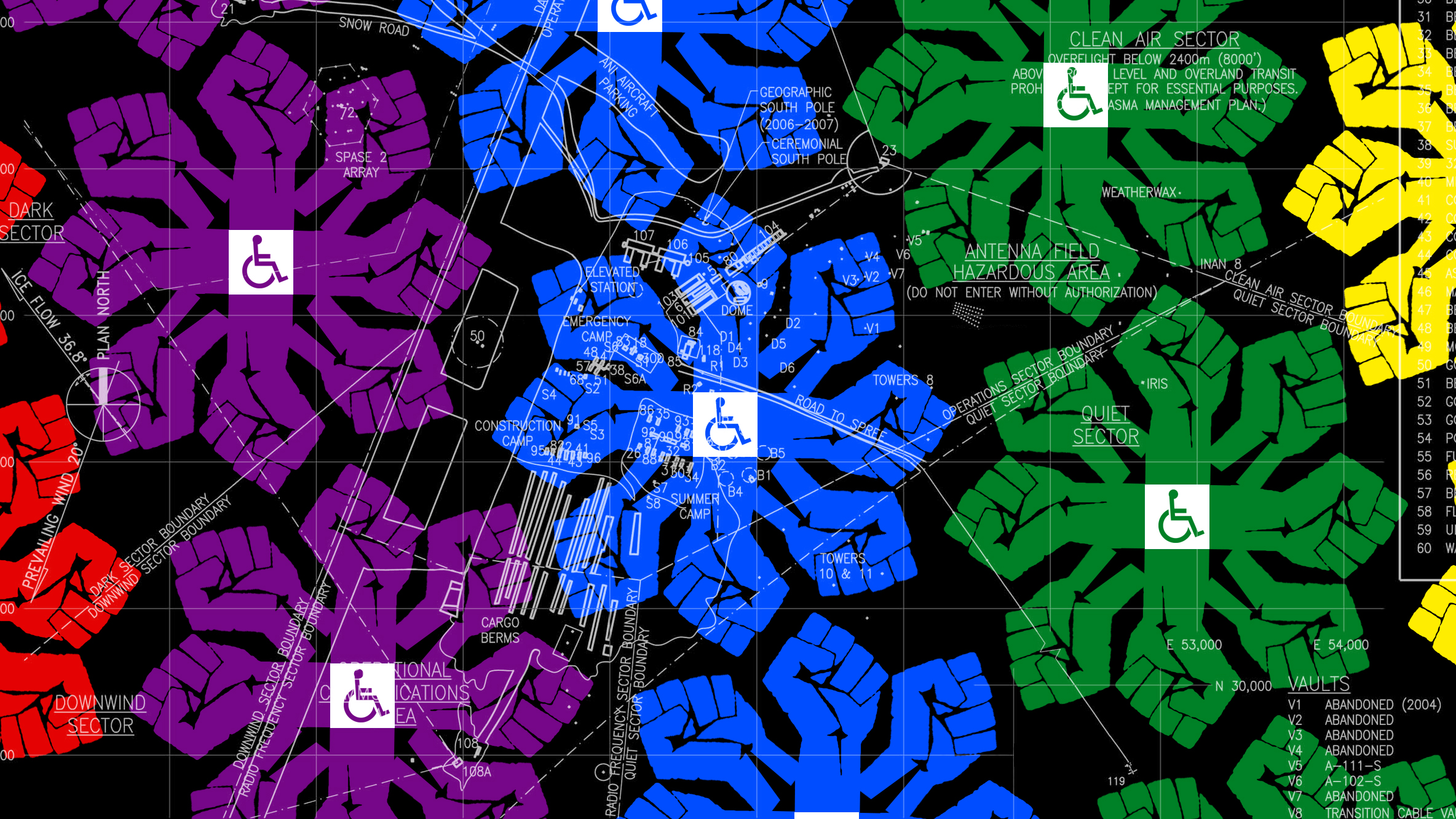


On Max Ritvo’s Four Reincarnations
A poet's call to bravely inhabit the body.
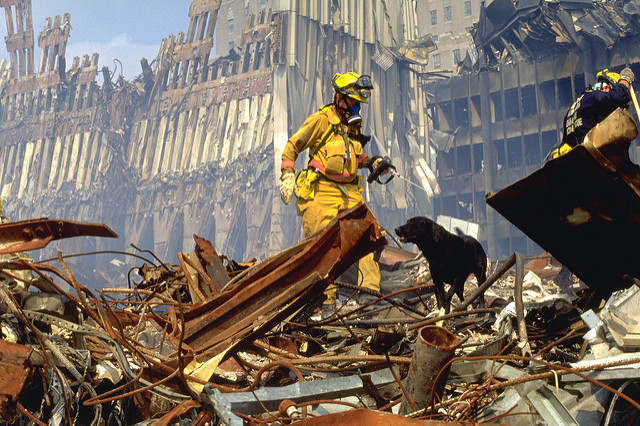
What Was Left Behind
A daughter shares her father's first responder story about searching for bodies at Ground Zero.
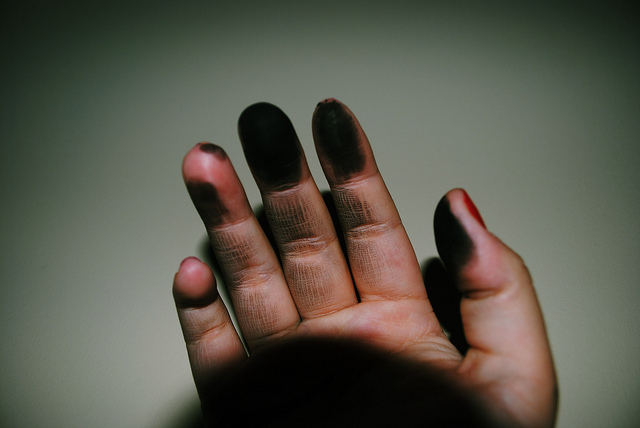
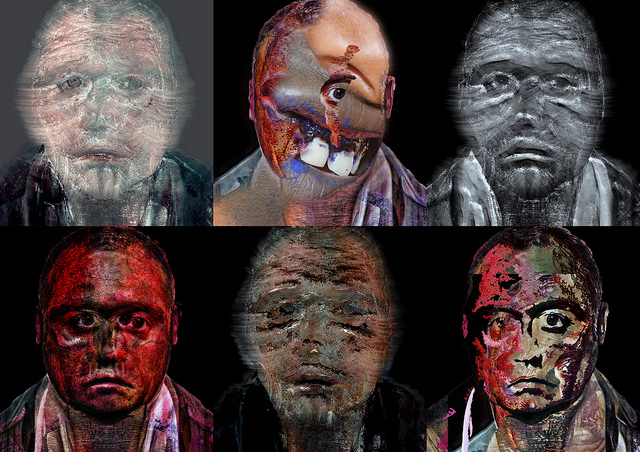
Psychotic Breaks Have Become a Race Privilege
The consequences of undermining mental health needs for the ‘war on terror.’


Below The Belt
On Music: How music and silence coexist in the mind of an autistic boy.
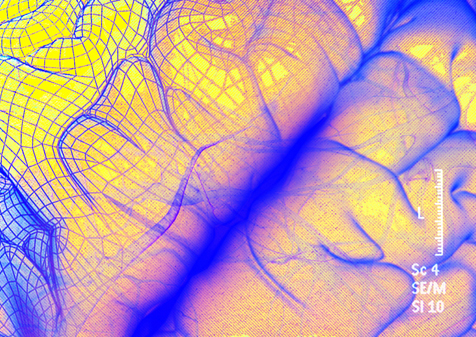
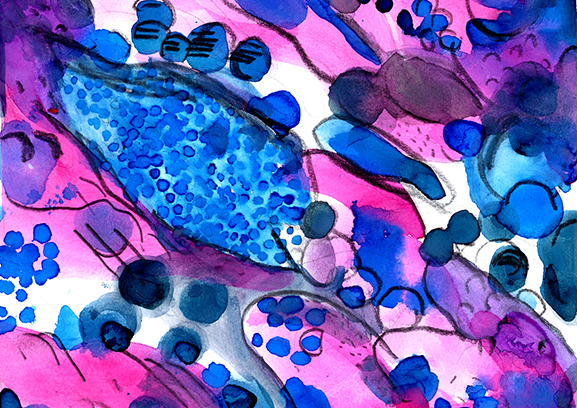
Kiss of Death
What does a neglected disease tell us about who we choose to take care of and why?
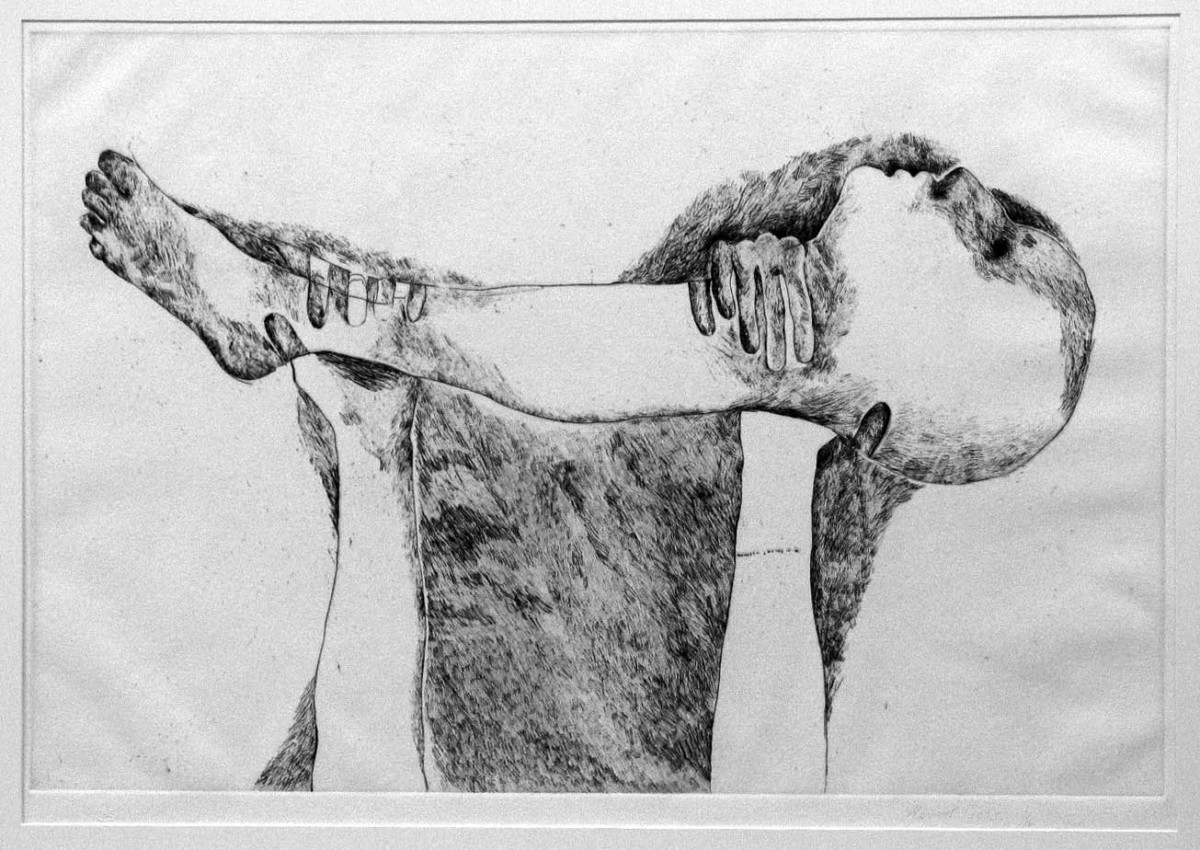
I Am A Rock
Whenever the latest woe is me commercial came on hawking the newest painkiller, Mami commanded our attention: “That’s me!”
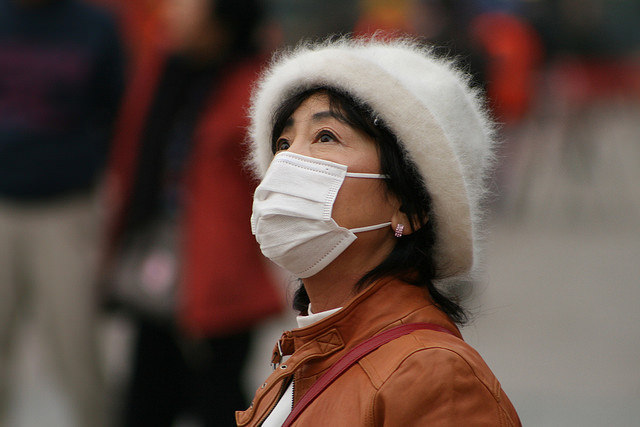
Seeing Through the Fog, Part Two
A two-part inquiry on how ancient philosophy and medicine come up against pollution and modernization in China.

Seeing Through the Fog, Part One
A two part series on how ancient philosophy and medicine come up against pollution and modernization in China
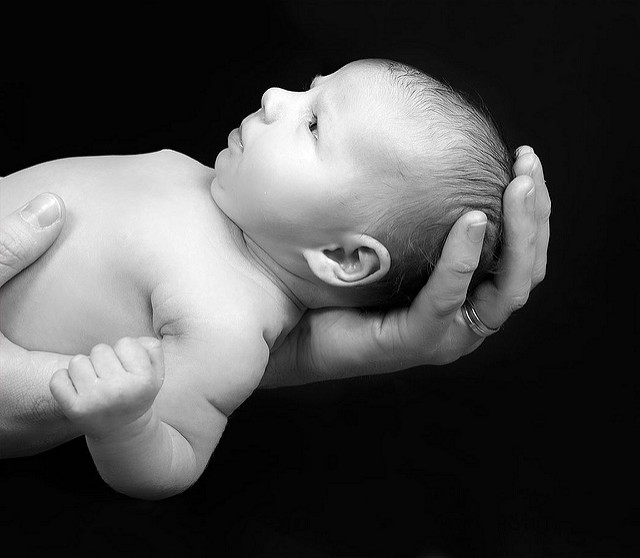
The View from the Fourth Floor
A mother reflects on her grief during her son’s illness, and on her enduring love of reading.

They Call Him Rrat
The unlikely bond between a hospice volunteer and a dying Vietnam veteran.

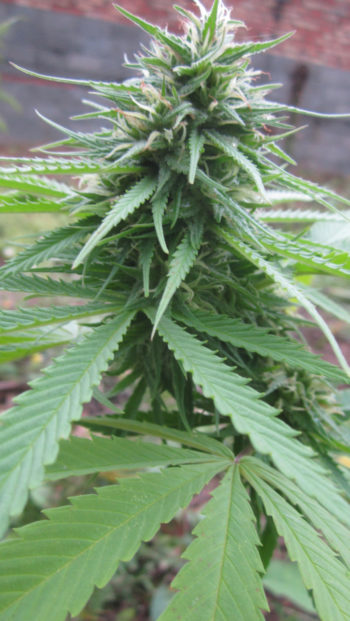
The Wild Wild West of Weed on the Web
How a digital media company is challenging stereotypes about the growing landscape of marijuana culture.

Trying to Get Right
The breakthrough addiction medication and the doctors who risk everything to prescribe it.

Natural Birth in the New America
Ina May Gaskin’s Spiritual Midwifery and the back-to-the-land movement.

Heat & Light
Fortified with sock tea, he attends his morning group, which is called Steps. This to distinguish it from the afternoon group, which is called Group.

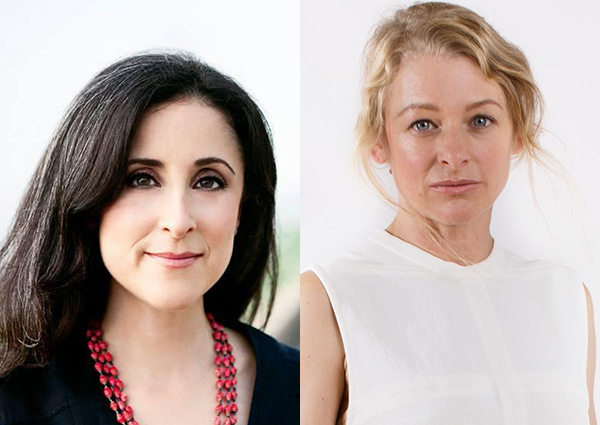
Deadly Decisions
The authors of The Good Death and Five Days at Memorial discuss disaster preparedness, impossible health care choices, and the notion of journalistic objectivity.
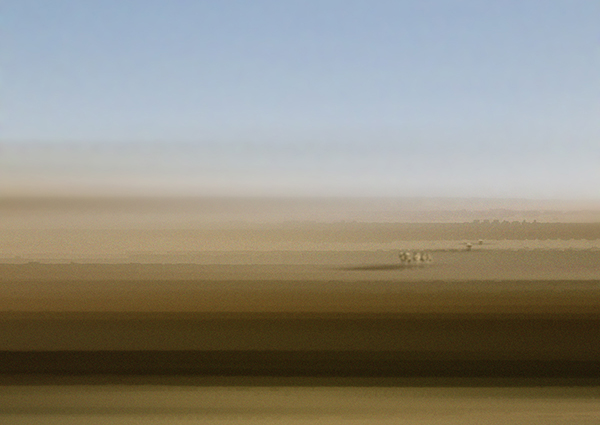

Paul Bloom: The Trouble With Empathy
"My complaint is against empathy as a moral guide. But as a source of pleasure, it can’t be beat."
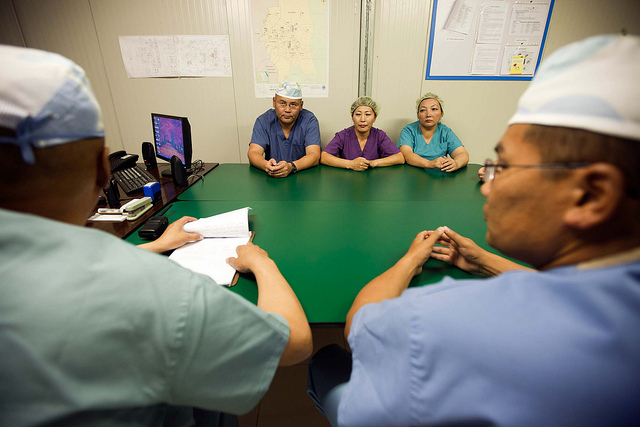
How knowledge of international affairs can help survivors of torture
Doctors at Bellevue run specialized relief programs for asylum seekers that are survivors of torture.
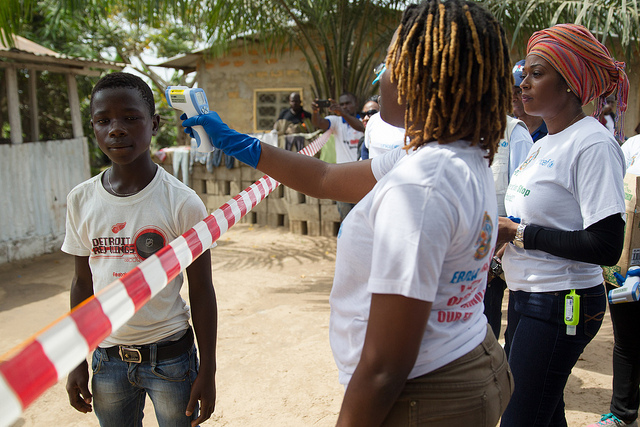
In Conflict With Disease
Boundaries are drawn, and erased, by disease rather than man-made warfare—but no one seems to have noticed.
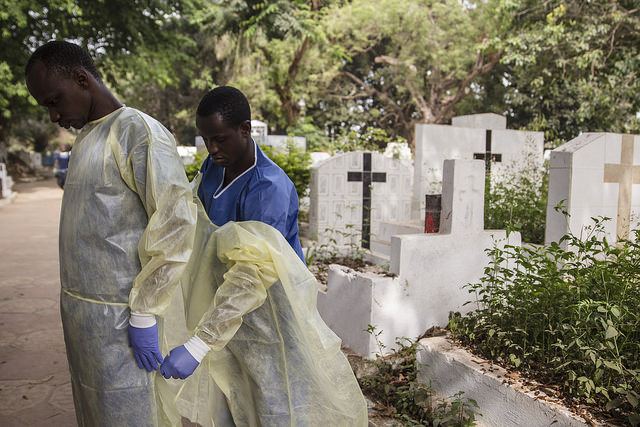
The Public Is Us
Reflections 100 years after Typhoid Mary’s quarantine on North Brother Island.
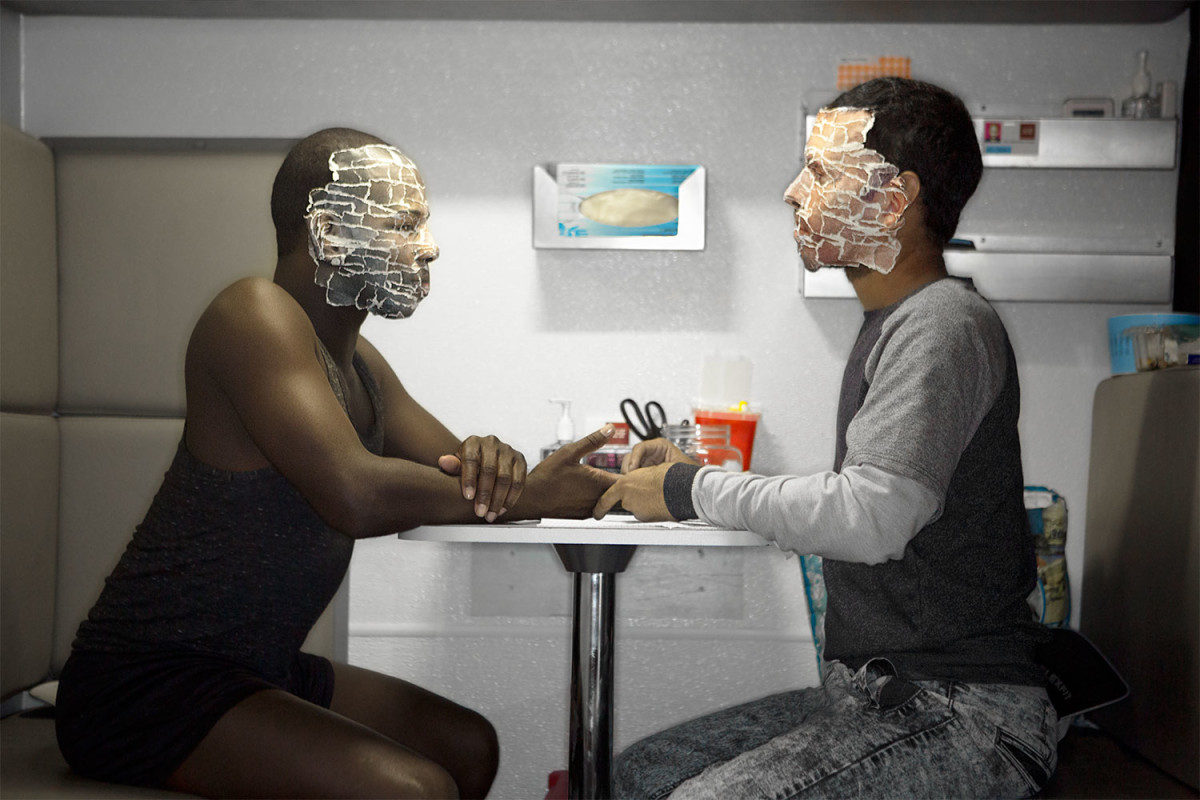
David Meanix: Face to Face
What we don't talk about when we talk about HIV and AIDS.
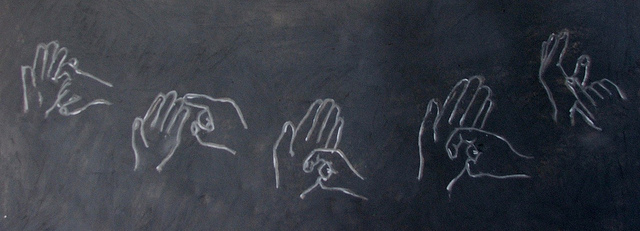
The Barrel
For a sign language interpreter at a murder trial, the crowning achievement is utter neutrality.
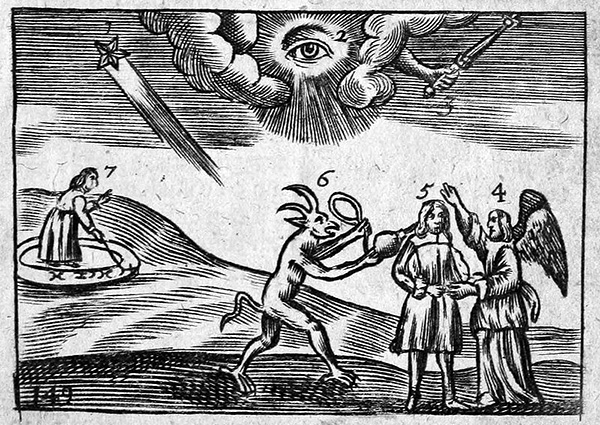
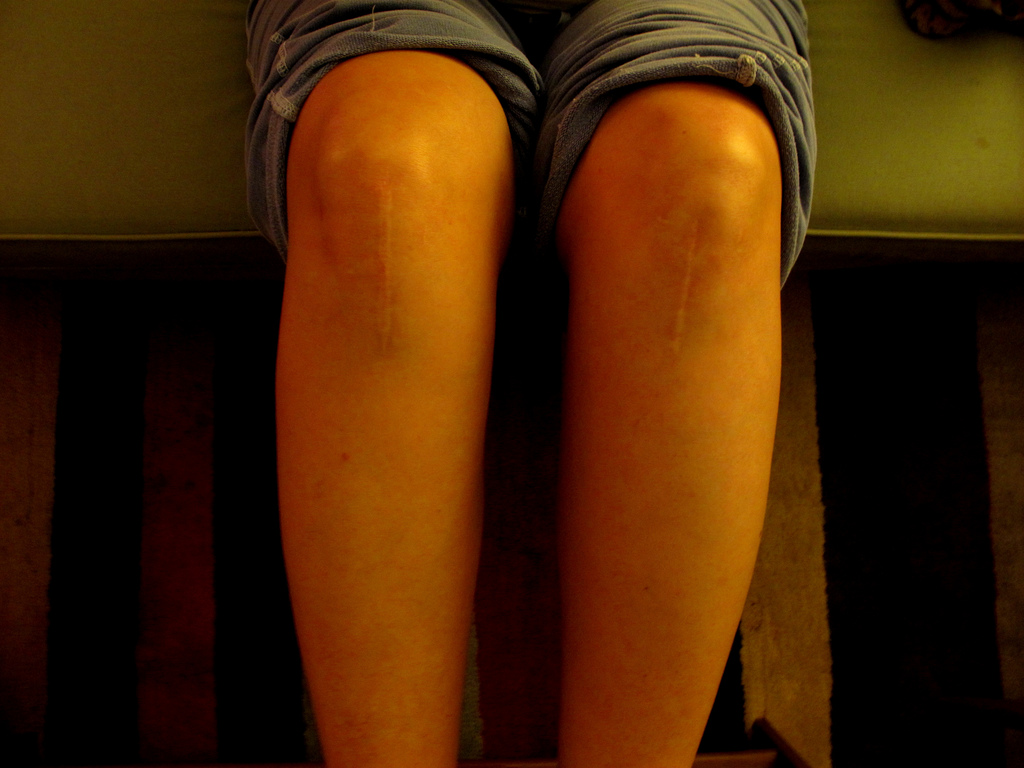
Melissa Febos: Scarification
The winning entry of the 2015 Center for Women Writers Prize in Creative Nonfiction
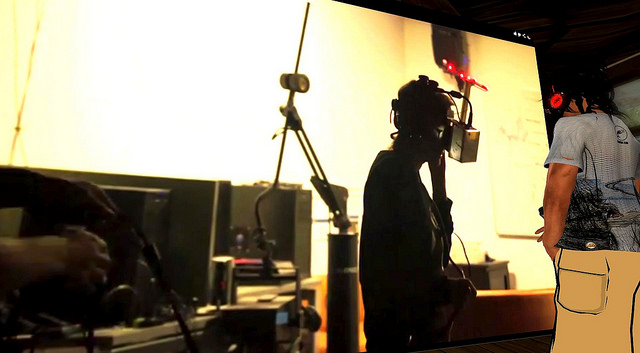
Will Virtual Reality Make Us Feel Better?
Empathy and immersion in virtual worlds.
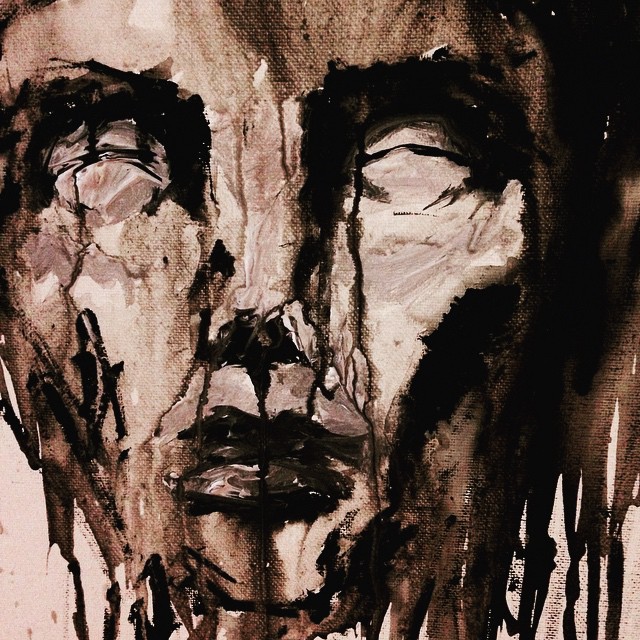
The Language of Grief
How art can provide us with different languages for discussing loss.
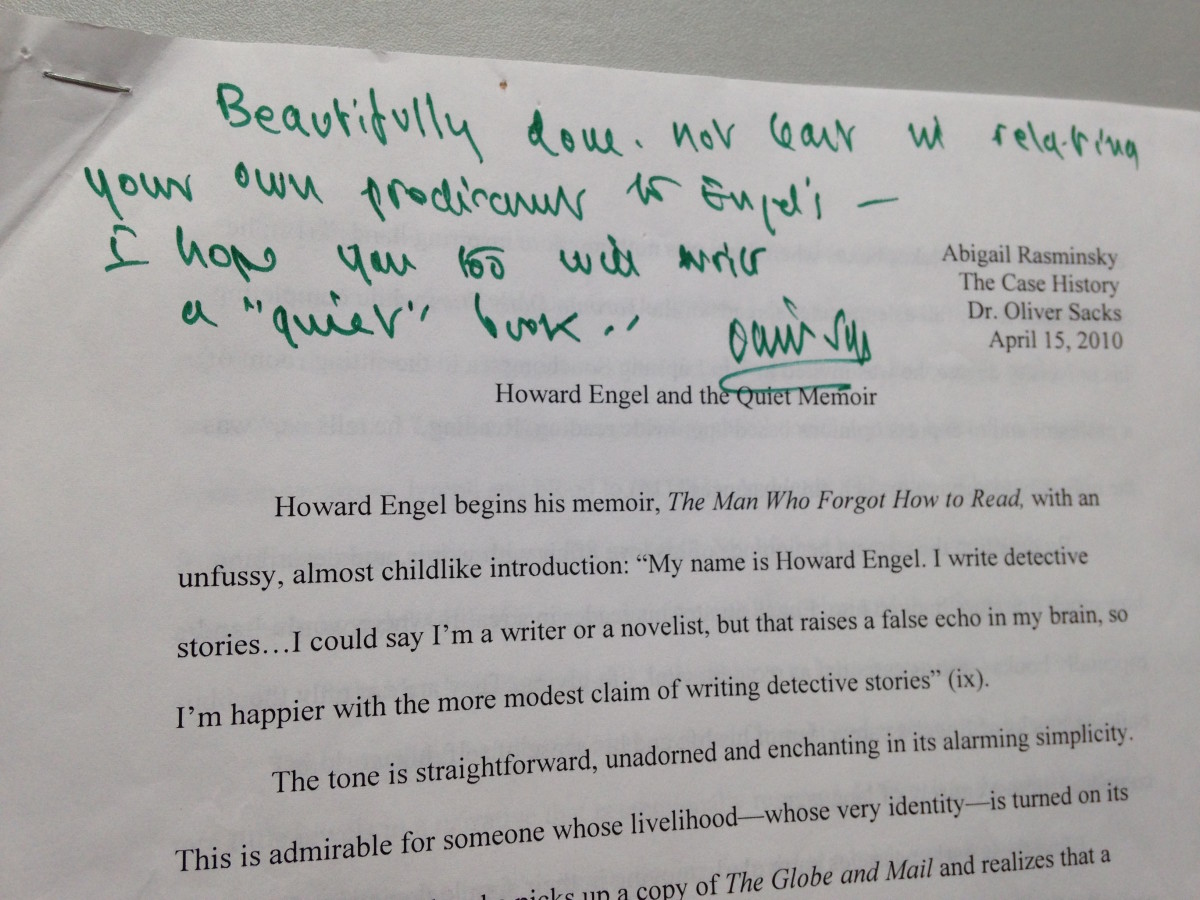
In Dodge Hall with Oliver Sacks
A former student remembers the late Oliver Sacks.
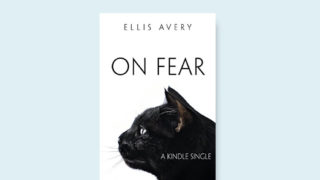
Ellis Avery: On Fear
The inspiration that comes when facing a terminal illness.
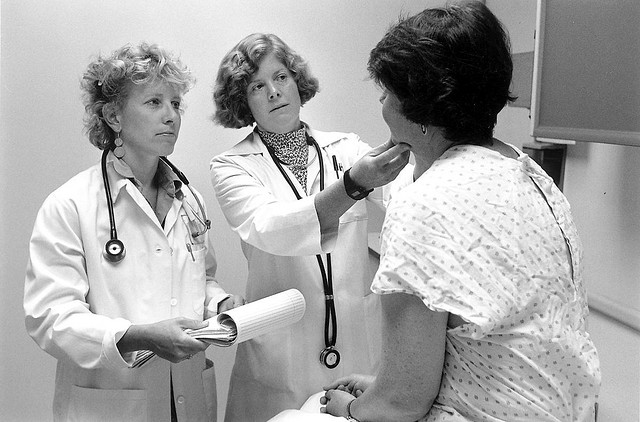
On Medical Authority
In a sea of books and media on medicine and illness, too few give voice to the patients.
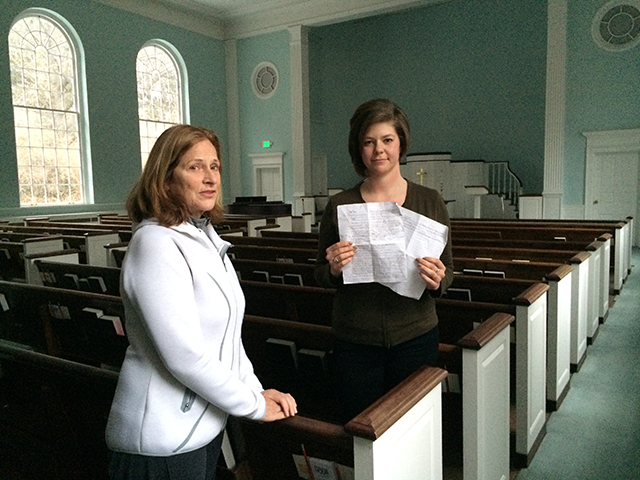
Miscarriage or Murder?
Purvi Patel's conviction in Indiana sets a dangerous precedent for using feticide laws to persecute women.

Caduceus at the Crossroads
A lifelong practitioner has a prescription for medicine.
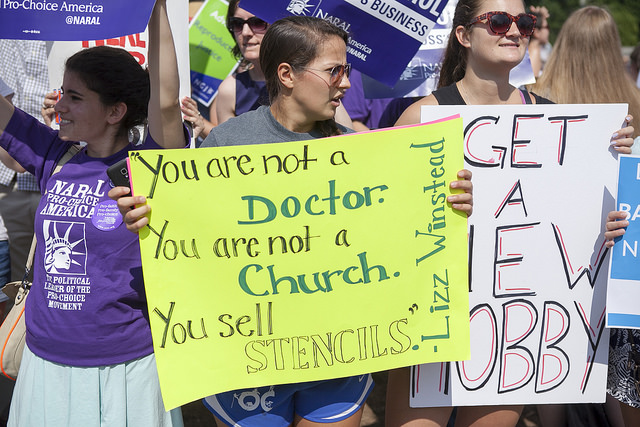
A Louisiana Teacher’s Immodest Proposal for Synchronized Maternity Leave
After her workplace, a Catholic school, dropped contraceptive coverage from the employee health care plan, one teacher came up with a proposal of her own.

Dr. Robert Klitzman: Piercing Your Armor
Grace Bello talks to Columbia University bioethics professor Dr. Robert Klitzman about the anti-vaccination movement in the U.S. and its potent mix of misinformation, partisan politics, and fear.
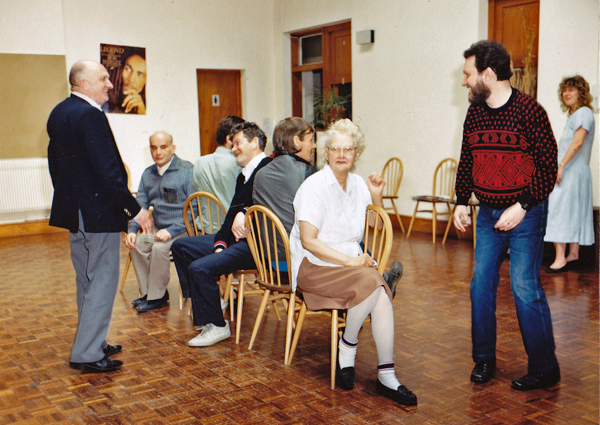
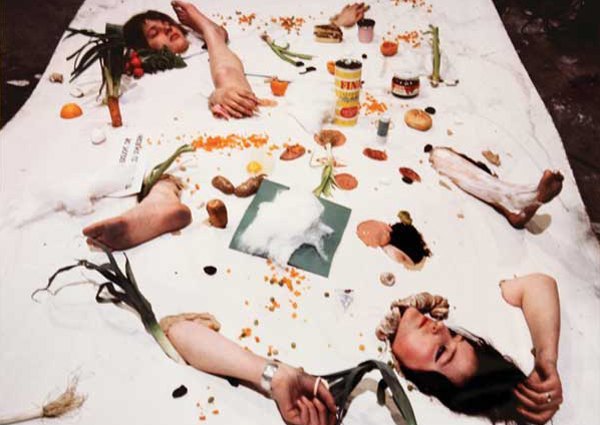

Shannon Brownlee and Vikas Saini on Hippocratic Bloat
A journalist and a cardiologist discuss healthcare gone haywire and how Americans are medicating themselves to death.
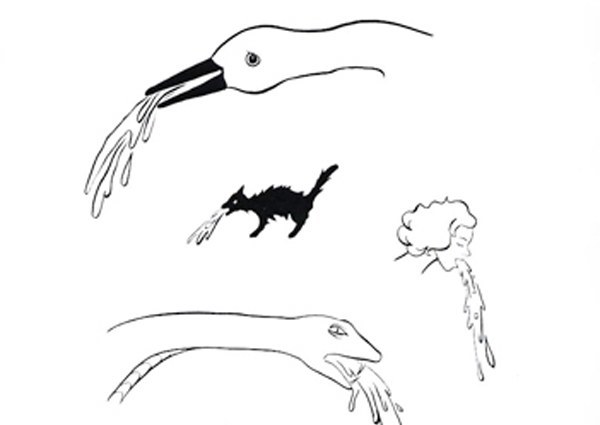
Medicine and Its Metaphors
A mother confronts the waning paternalism of doctors and comes to terms with needing the care of others.
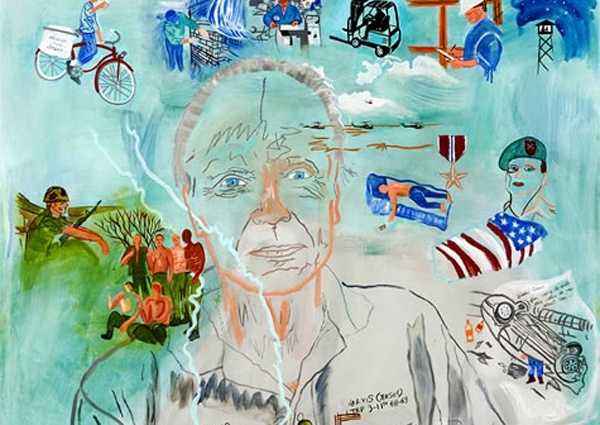
I Said Infantry
An Army sergeant reflects on his service in Iraq and how his family’s history with PTSD led him to sign up in the first place.

Keeping Pace
His son’s diagnosis—hypoplastic left heart syndrome—has one father thinking about the reasons to run.
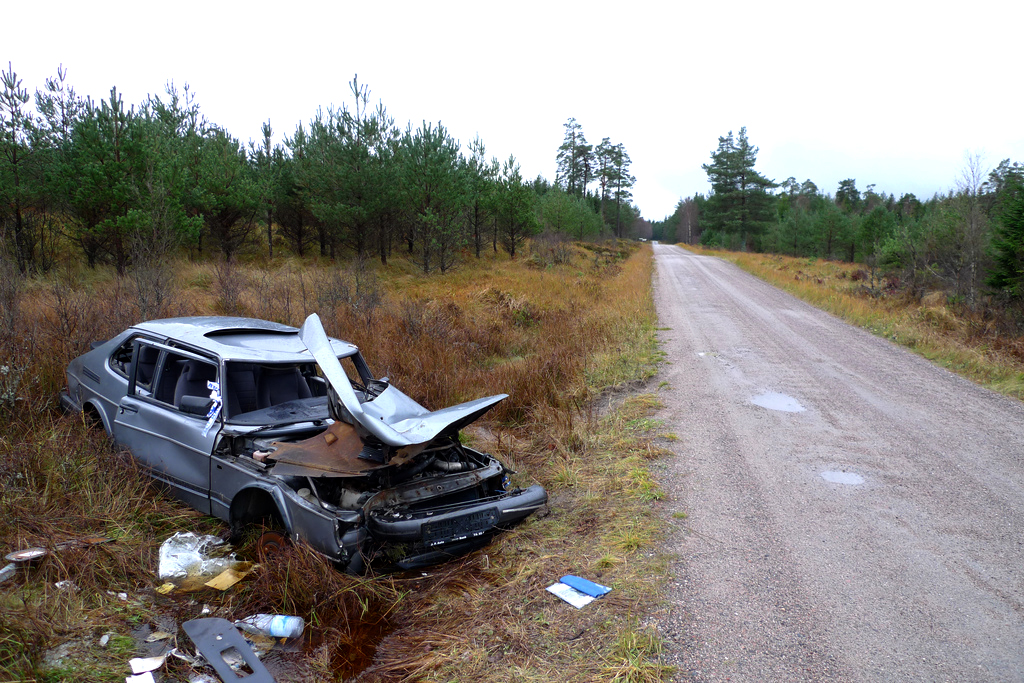
Route Nine, Bangor to Lubec
There’s drunk driving, and then there’s hungover driving.
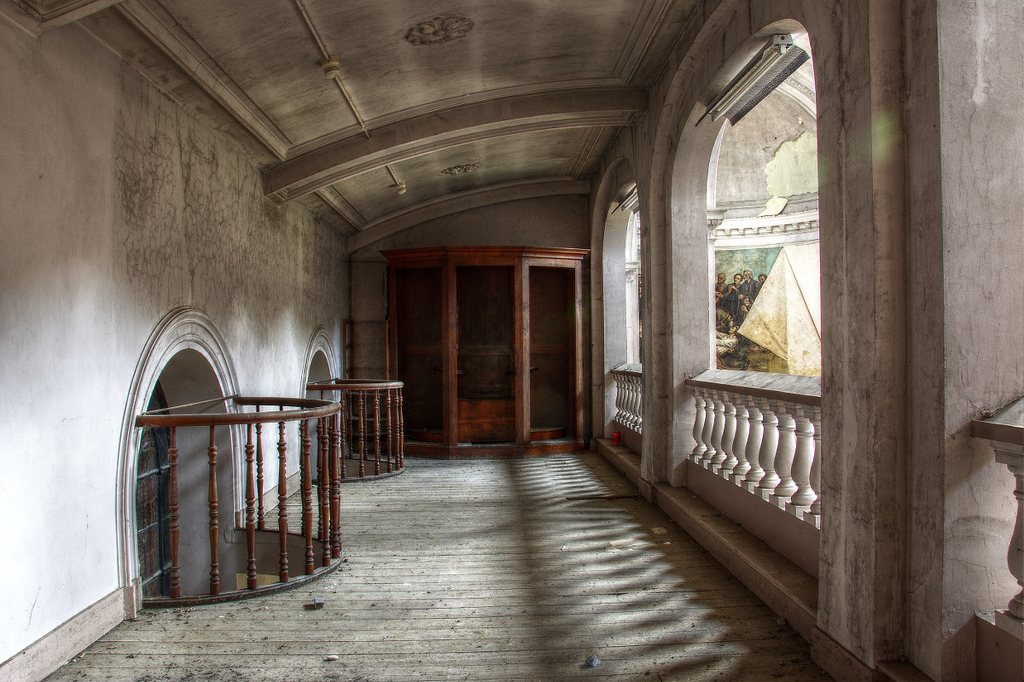
How the Other Half Dies
If a humane death is to become a human right, we have to address the socioeconomic barriers that block so many from proper end-of-life care.

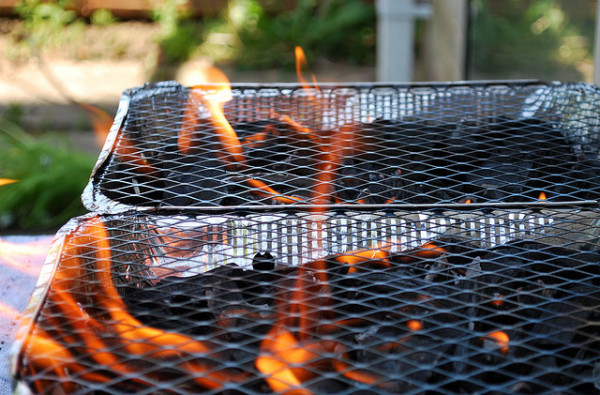
The Bar-B-Cure
I feel the image of myself emerging in his hands, and with every flick and scrape it draws closer to his.
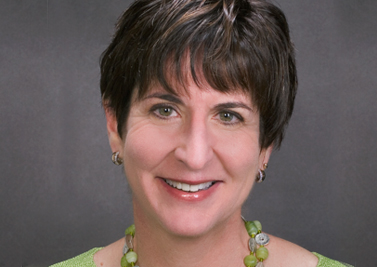
Marcie Cohen Ferris: Salt of the Earth
The Southern food historian on the politics of consumption, matzoh ball gumbo, and the multicultural “terroir” of the South.